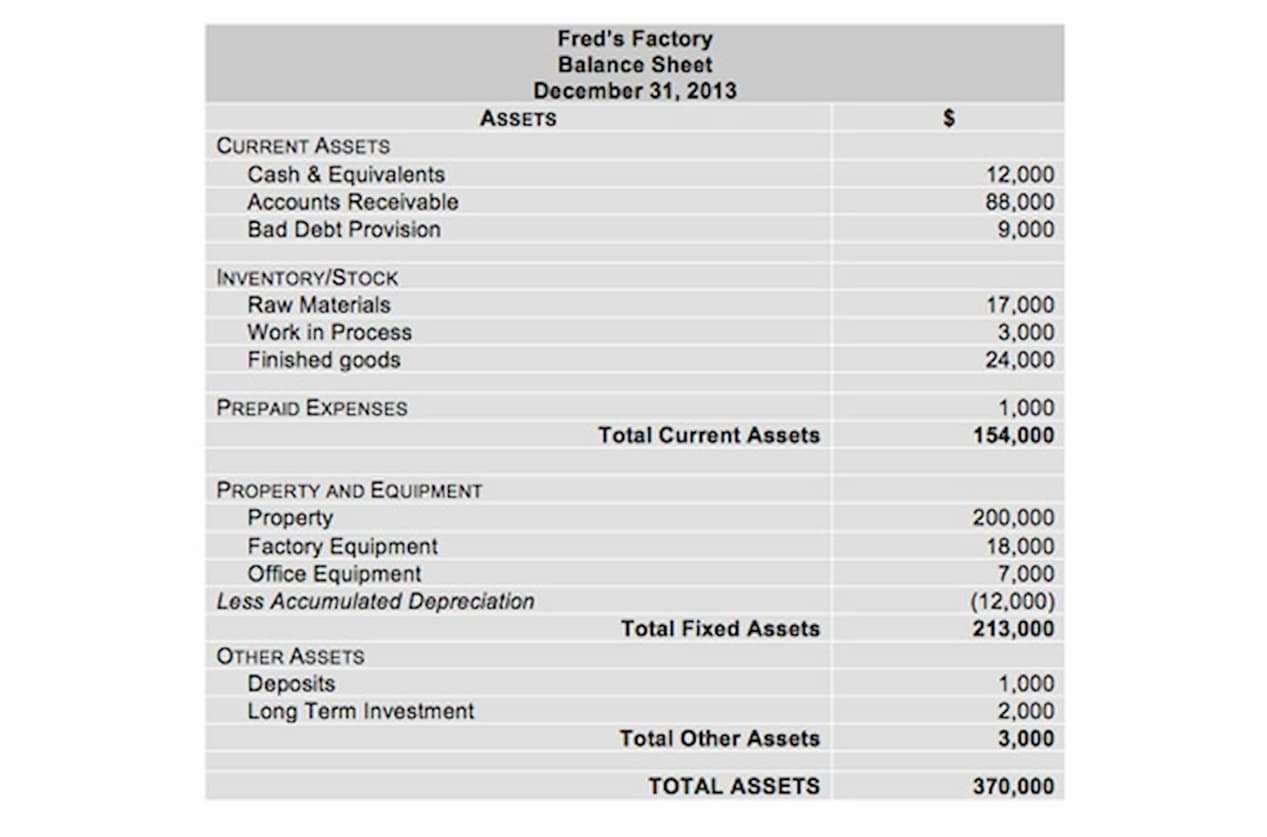
The IRS also says that it can come after your business for failing to report income for up to 6 years after filing and for up to 7 years if you took a deduction on a bad debt. That’s why most accountants recommend that you hold on to your tax return and all supporting documentation for seven years from filing. As a business owner, you likely have in storage various documents, such as tax returns, personnel records and bank statements. Unfortunately, there isn’t a steadfast retention rule that applies to all kinds of records, meaning you need to categorize your files and create a document retention policy (DRP).

How should businesses record transactions?
- If you filed your taxes early for a particular year, the three-year clock starts on the tax due date.
- Several online tools can help you log all your documents and archive them for the future securely.
- While you’re keeping things for the IRS, don’t forget about keeping other records that are required for your business.
- Your team also answers questions and completes your tax prep ahead of filing.
- It is important to keep these documents because they support the entries in your books and on your tax return.
- You’ll also want to keep titles, shareholder meeting minutes, permits and licenses, insurance documents and any contracts.
We believe everyone should be able to make financial decisions with confidence. If there’s ever any doubt about whether you should keep a document, keep it. You’ll thank yourself the next time you do your taxes or get audited. If you’re deducting meals and entertainment, it’s even more complicated.

Here are answers to some common business-related recordkeeping questions.
- If you do end up going the paperless route, remember to keep a backup copy of your documents in a secure second location, like a password-protected hard drive, or a secondary cloud storage service.
- Have you ever wondered how long to keep financial records such as receipts, bank statements, and credit card bills?
- However, if you are still troubled about how long to keep these receipts, you should know that even expenses under $75 can be questioned during an audit or lawsuit.
- For paperwork like auto titles, or other purchases, store the related documents for as long as you own those items.
- This applies to all businesses, whether they have a couple dozen employees or just a few.
- These documents contain information you need to record in your books.
Keeping all of your documents on your computer isn’t very efficient and can bog down your system. Other digital storage options include external hard drives, like HDDs and SDDs, which are compact solutions how long to keep business financial records for storing massive amounts of electronic data. An even more compact solution is storing electronic paperwork on a flash drive, although flash drives also are easier to misplace or damage.

Healthcare insurance
Some, such as vital records, may only be available for request in person from an authorized individual. It is no fun trying to get documents when you’ve lost the originals. Make the effort to keep them safe and secure from the https://www.bookstime.com/articles/what-are-notes-receivable beginning so you don’t have to worry in case something terrible happens, such as a fire or flood. Below is a detailed summary of how long to keep financial records, categorized from the least amount of time to the most.
If you’re a corporation, you’ll also need to keep any director or shareholder meeting minutes and a stock ledger. Other key ownership and business documents should be kept permanently, including deeds, titles, property records, and any contracts. The guidelines may vary depending on your industry and circumstances. It’s essential to understand which categories apply to your company to know what documents to keep. Speak to a tax professional if you’re unsure whether to keep or destroy a tax document.
- If there’s ever any doubt about whether you should keep a document, keep it.
- If you decide not to file a return, you must keep your records indefinitely.
- Bank statements, credit card statements, canceled checks, paid invoices, and other financial information quickly pile up.
- Keep records relating to property until the period of limitations expires for the year in which you dispose of the property in a taxable disposition.
- You never know when there could be issues several years from now and you may need these documents.
- It’s best to maintain your records with the help of an experienced bookkeeper and electronic accounting software.

More In File
- The length of time you should keep a document depends on the action, expense, or event which the document records.
- If you have the luxury of unlimited space, physical or digital, and are great with organization, this is always an option as well.
- The documents that you need to file with the local registrar may also be available online.
- It’s tough to know what is unnecessary clutter and what’s important with paperwork, which is why we’ve created this guide for financial record keeping.
- Unfortunately, there isn’t a steadfast retention rule that applies to all kinds of records, meaning you need to categorize your files and create a document retention policy (DRP).